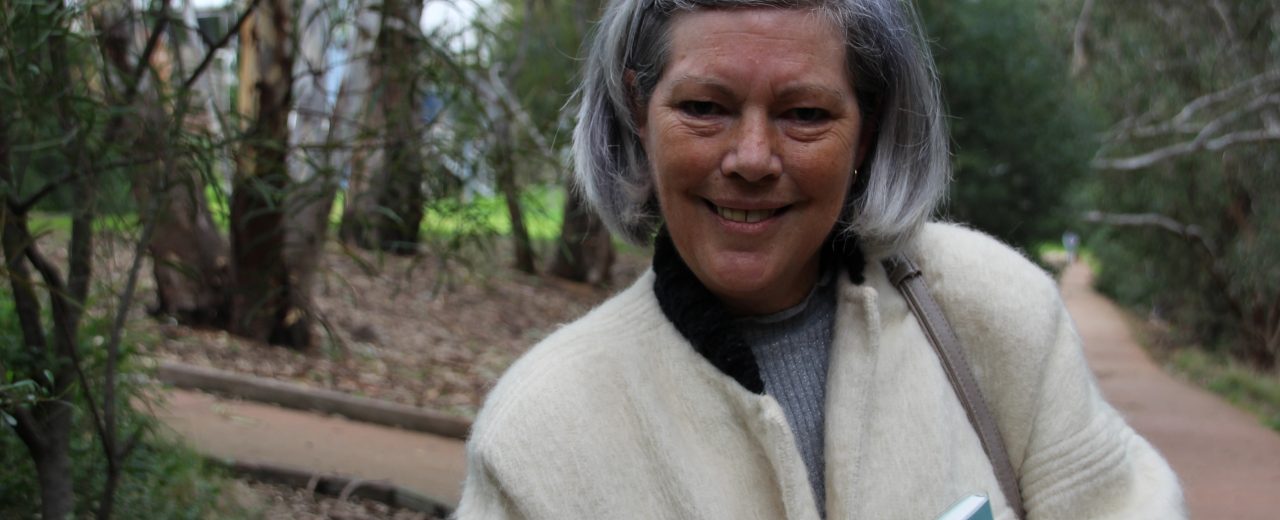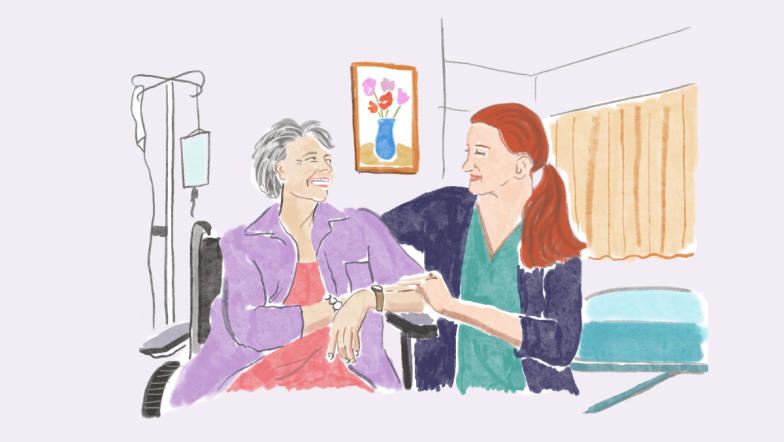Using the law to prevent elder abuse
15 Jun 2020
Researchers estimate that 14% of our ageing population are currently experiencing elder abuse. This World Elder Abuse Awareness Day, we’re highlighting how our Health Justice Partnerships are making a meaningful impact for older Australians.
An admission to hospital can provide a window of opportunity for a socially isolated older patient to disclose abuse – it may be the only time they are separated from the perpetrator and have the chance to let someone know what is happening.
When Tracey and her husband got married, they moved into Tracey’s house to live together. He worked in their business, while she took care of the work at home. When their marriage broke down due to family violence, Tracey found herself struggling emotionally and financially. Her husband was threatening her, and the debts that he had accrued throughout their marriage were more than Tracey could afford to pay. At one point, Tracey couldn’t even afford to buy dog food.
“I didn’t know what to do,” said Tracey. “I was drained emotionally, mentally and physically.”
As her stress levels increased, her physical health suffered. Soon, Tracey found herself in hospital. She told one of her nurses about the problems she was facing with her marriage breakdown. Thankfully, the nurse listened. She recognised the signs of abuse, and – having spoken to our lawyers – knew that Tracey needed legal help. The nurse put Tracey in touch with a Justice Connect lawyer, who was part of a Health Justice Partnership co-located at the hospital.
After speaking to Tracey, we were able to connect her with an expert family lawyer from Justice Connect member Lander & Rogers. Tracey never would have been able to afford a lawyer on her own. But with pro bono help, she was able to protect herself from her ex-husband’s physical and financial abuse.
“I was introduced to Justice Connect,” said Tracey, “and from there it was a very simple process. They put me in touch with a law firm who were able to tell me that everything would be alright.”
Now, thanks to legal help, Tracey has moved back to the town where she was born. Her health has improved. She’s making friends in the community, joined a craft and painting group, and is building a new life for herself.
“I feel very accepted and I’m so glad. This is the change that I needed.”
Find out how we identify and prevent elder abuse by working collaboratively with health workers.


